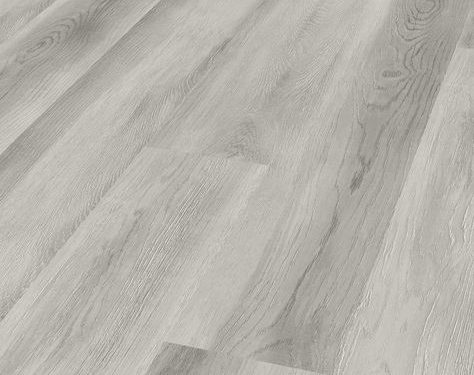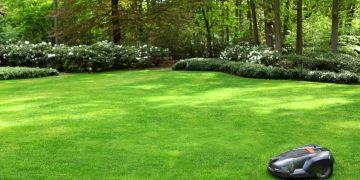Wood flooring is a classic and timeless choice for homes, known for its durability and beauty. However, like any flooring material, its lifespan can vary depending on several factors.
Factors Affecting Wood Flooring Lifespan:
- Wood Species: Harder wood species, such as oak, maple, and hickory, are generally more durable than softer woods.
- Quality of Installation: A proper installation by a qualified professional can significantly extend the lifespan of your wood flooring.
- Maintenance: Regular cleaning, refinishing, and protection from moisture and scratches are essential for maintaining the longevity of wood flooring.
- Traffic: Areas with heavy foot traffic may experience more wear and tear, reducing the lifespan of the flooring.
- Environmental Factors: Exposure to excessive moisture, sunlight, or extreme temperature fluctuations can affect the wood flooring’s lifespan.
Average Lifespan:
- Residential Use: With proper care and maintenance, hardwood flooring can last anywhere from 25 to 100 years.
- Commercial Use: In high-traffic commercial settings, the lifespan may be shorter, typically around 10-20 years.
Tips for Extending the Lifespan of Wood Flooring:
- Regular Cleaning: Sweep or dust mop regularly and mop with a mild cleaning solution.
- Protect from Scratches: Use furniture pads and doormats to prevent scratches.
- Avoid Water Damage: Clean up spills immediately and avoid standing water.
- Refinishing: Refinish your wood flooring every 5-10 years to restore its appearance and protect it from wear and tear.
- Professional Maintenance: Consider hiring a professional flooring service for deep cleaning and maintenance.
By following these tips and choosing a high-quality wood flooring, you can significantly extend its lifespan and enjoy its beauty for many years to come.























